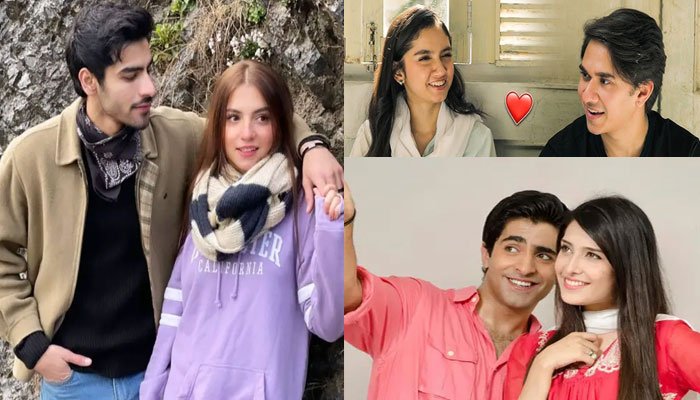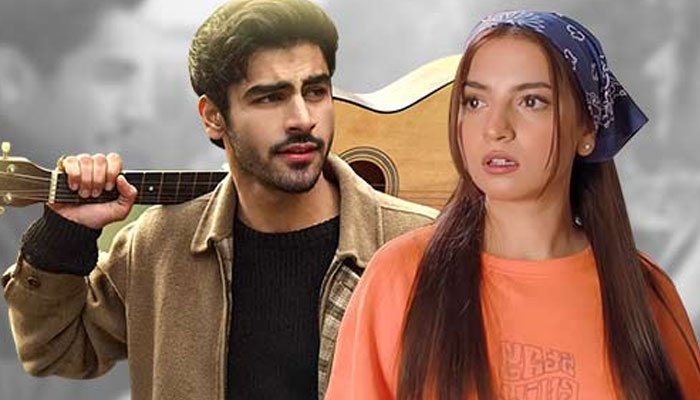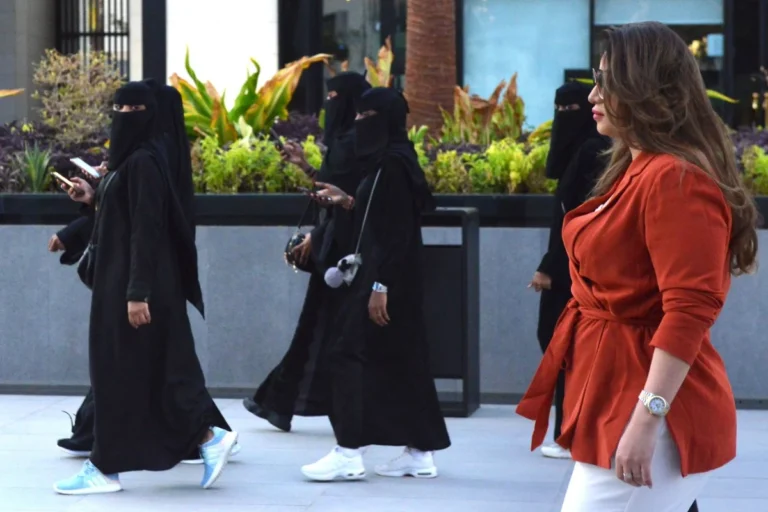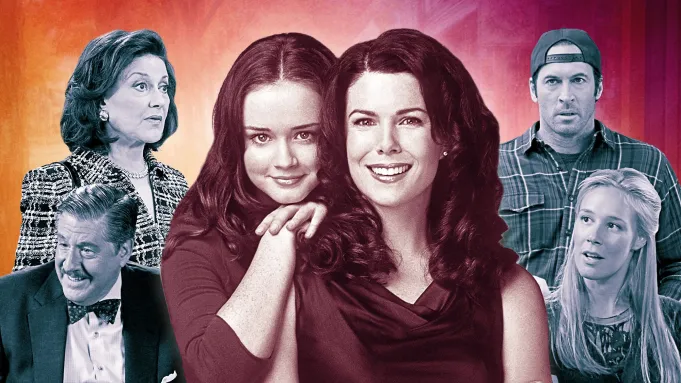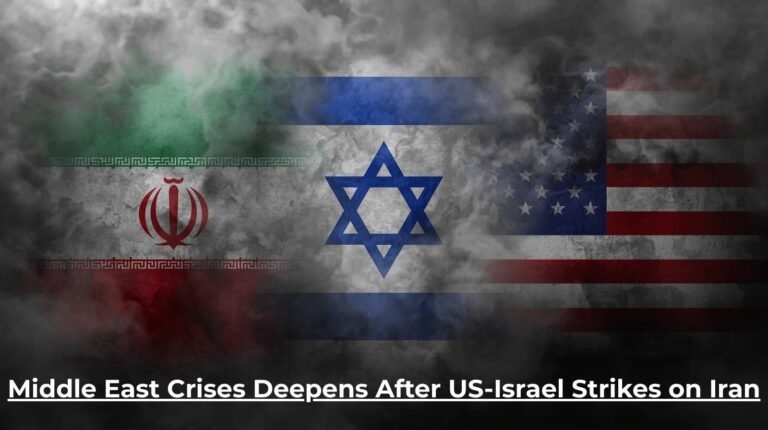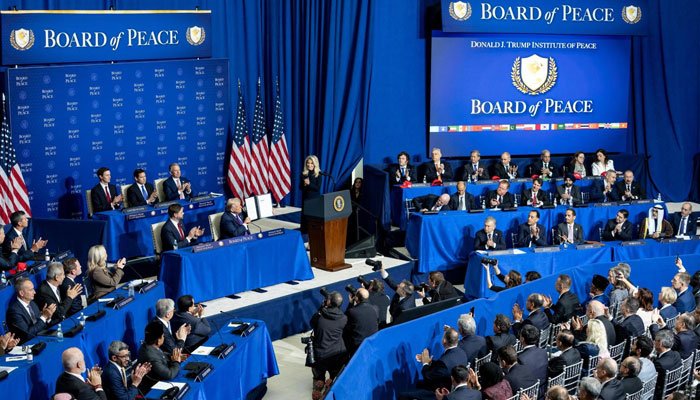Young Love Stories In Pakistani Dramas – Right Or Wrong. Pakistani dramas enjoy widespread popularity worldwide. These shows often tackle social issues and portray genuine stories that resonate with audiences. Fans appreciate content that feels relatable and mirrors real life. However, love stories—and especially the “Cinderella syndrome”—remain audience favorites, and writers frequently weave these themes into their dramas to keep the tone light and engaging.
A new trend has emerged in Pakistani dramas: many recent shows focus on young love among teenagers. These stories often depict school and college students falling in love at a very early age. While some viewers find these narratives entertaining, many others express concern. They argue that these dramas send the wrong message to youth. Instead of encouraging students to concentrate on their studies and future goals, the shows often portray love as the most important part of life. Parents and critics believe dramas should inspire young people to set high ambitions, stay focused, and develop strong values.
Others feel these stories reflect reality. They point out that young people do experience love, and portraying this in dramas does not inherently promote early relationships. For them, these dramas simply illustrate societal realities. They argue that critics overlook this truth, and ignoring it won’t change anything. As a result, the debate over the benefits and harms of young love stories continues to grow.
Several Pakistani dramas featuring teenage romance have sparked discussion among viewers.
Mohabbat Gumshuda Meri stars Khushhal Khan and Dananeer Mobeen as two neighboring teenagers who fall deeply in love. The storyline shows the couple running away to get married and facing many challenges before reuniting. The intense portrayal of young love generated widespread conversation, and fans often supported the on- and off-screen chemistry between the actors.
Drama Parwarish
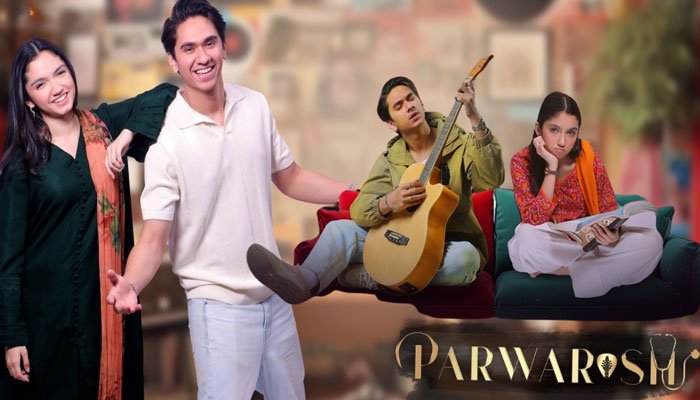
Parwarish, which aired on ARY Digital, focused on Generation Z’s struggles and parenting challenges. It features Maya and Wali, two teenagers determined to marry despite their young age. This subplot triggered debates about whether such young love stories should appear on screen. Nonetheless, the drama gained strong popularity.
Jafaa
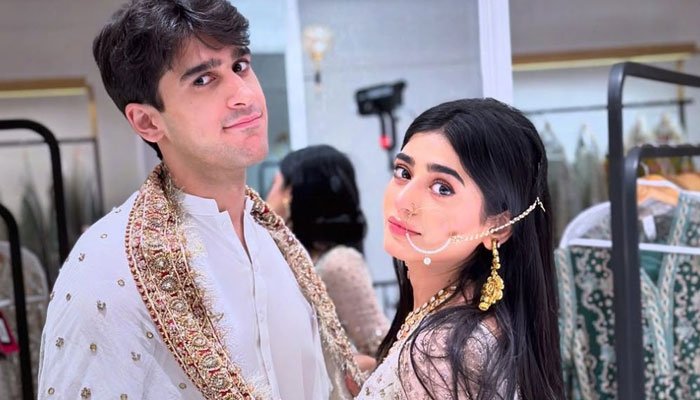
Jafaa showed a young girl, played by Sehar Khan, secretly dating a classmate. Their relationship leads to tragic consequences when she commits suicide on her wedding day. Viewers criticized the drama for glamorizing teenage romance and questioned its impact on impressionable audiences.
Kahi Unkahi

Kahi Unkahi, an older hit starring Ayeza Khan and Shehryar Munawar, portrayed a young couple fighting social barriers to stay together. Even then, some viewers expressed reservations about showing teenage romance on television.
Meem Se Mohabbat

Meem Se Mohabbat became a global hit, featuring a 19-year-old girl, Ayat, eager to get married. She pursues her older boss despite warning signs and red flags. The drama sparked debate on the portrayal of young women’s relationships with older men.
Romantic relationships among young people have become more common in schools and colleges, but Pakistani TV rarely showed this reality until recently. The ongoing debate intensifies as viewers watch couples like Wali and Maya prioritize love over studies. Many media professionals defend these stories, arguing they reflect real life. Some criticize opponents as narrow-minded. However, many viewers and bloggers disagree, believing these dramas promote harmful messages for young audiences. This disagreement highlights a clear divide in public opinion.
Atiqa Odho had a balanced opinion. She said that we have not seen such young stories on our screens before, thus, backlash is inevitable. We need more time to understand what such stories are telling us:
For example, Parwarish director Meesam Naqvi stated, “We should stop pretending that 15-16-year-olds don’t have affairs. It happens, and I wanted to show parents how to handle it.” He clarified that he does not condone early relationships but chose to portray reality.
Teenage romance is indeed a growing reality in Pakistan, but dramas must handle it responsibly. Love is a natural human emotion and not inherently negative. However, romantic relationships at 16 or 17 should not receive excessive glorification. For instance, in Parwarish, Maya fails her exams because she focuses more on love than studies—a cautionary element that reminds viewers to prioritize their future. Such storylines should emphasize the importance of education and personal growth alongside romance. This approach can help young viewers understand that building their futures matters most.
